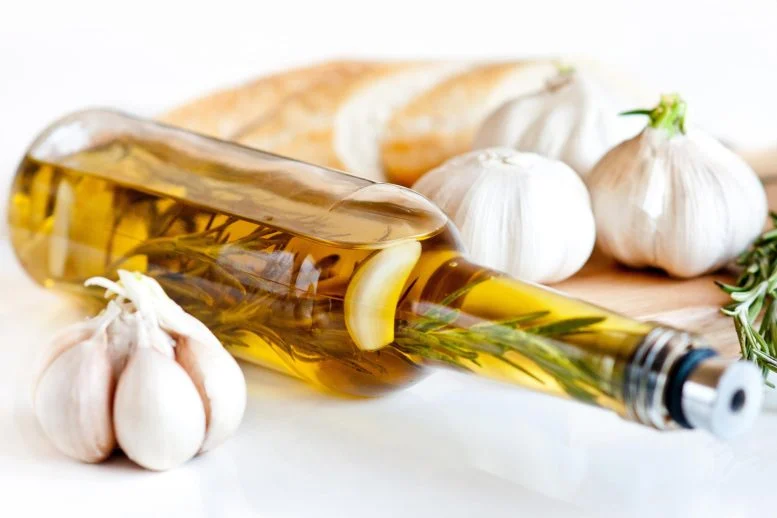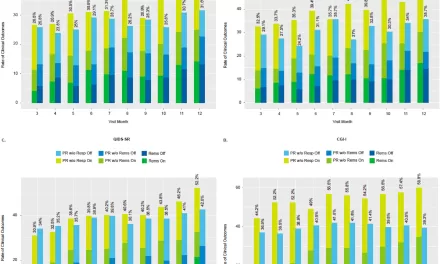Barcelona, December 23, 2024—A groundbreaking study sheds light on the cardiovascular benefits of bioactive compounds found in Mediterranean plants such as garlic, olive, rosemary, saffron, and grapes. The research, published in Food Bioscience, highlights the potential of these natural ingredients to combat atherosclerosis and reduce the risk of heart attacks and strokes.
Cardiovascular diseases remain the leading cause of death globally, sparking interest in plant-based solutions due to their therapeutic potential. While plant extracts have long been recognized for their medicinal properties, concerns about side effects and insufficient scientific evidence have hindered their broader application.
Research Highlights
The study, conducted by Mateu Anguera Tejedor as part of his Biology degree project at the Universitat Autònoma de Barcelona (UAB), provides a comprehensive review of six key Mediterranean plants and their active compounds:
- Garlic (Allium sativum): Contains diallyl trisulfide, allicin, and S-allyl cysteine.
- Hawthorn (Crataegus monogyna): Rich in quercetin, apigenin, and chlorogenic acid.
- Saffron (Crocus sativus): Known for crocin and safranal.
- Olive (Olea europaea): Includes oleic acid, oleuropein, hydroxytyrosol, and oleacein.
- Rosemary (Salvia rosmarinus): Contains rosmarinic acid and carnosic acid.
- Grapevine (Vitis vinifera): Packed with resveratrol.
These compounds exhibit promising pharmacological effects, including antioxidant, anti-inflammatory, and vasodilatory properties. They also regulate lipid metabolism, addressing conditions such as atherosclerosis and hypertension.
A Collaborative Effort
The research was supervised by René Delgado, now a lecturer at the University of Barcelona, and Francesc Jiménez Altayó of the UAB’s Department of Pharmacology, Therapeutics, and Toxicology. It involved an international team of experts from Spain, Cuba, and Chile with extensive experience in natural product pharmacology.
The findings underscore the potential for these plant extracts to serve as active ingredients in future cardiovascular drugs.
Challenges and Future Directions
Despite their promise, the therapeutic use of natural extracts faces challenges. The “matrix effect”—how dietary components influence the efficacy of plant compounds—requires further study to optimize therapeutic outcomes.
Additionally, researchers emphasize the need for rigorous pharmacokinetic, toxicological, and clinical studies. “Natural does not guarantee safety,” cautions the study, urging for careful evaluation of these compounds compared to existing medications.
Key areas for future exploration include:
- Long-term safety and effectiveness.
- Synergistic effects when combined in the Mediterranean diet.
- Standardized protocols for clinical trials.
The Path Forward
By addressing these gaps, the study aims to bridge traditional remedies with modern pharmacology, paving the way for the development of phytomedicines that could revolutionize cardiovascular care.
Reference:
“Exploring the therapeutic potential of bioactive compounds from selected plant extracts of Mediterranean diet constituents for cardiovascular diseases: A review of mechanisms of action, clinical evidence, and adverse effects,” Food Bioscience, November 17, 2024. DOI: 10.1016/j.fbio.2024.105487












